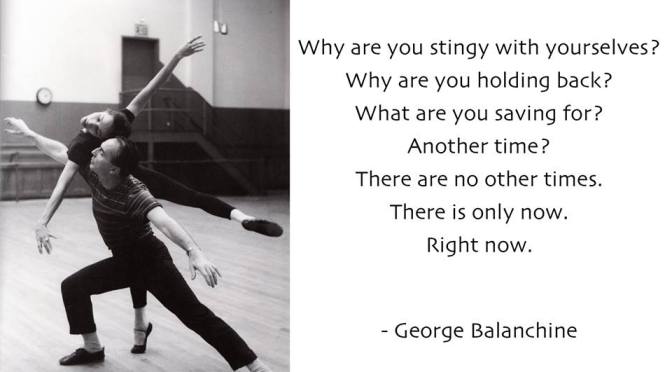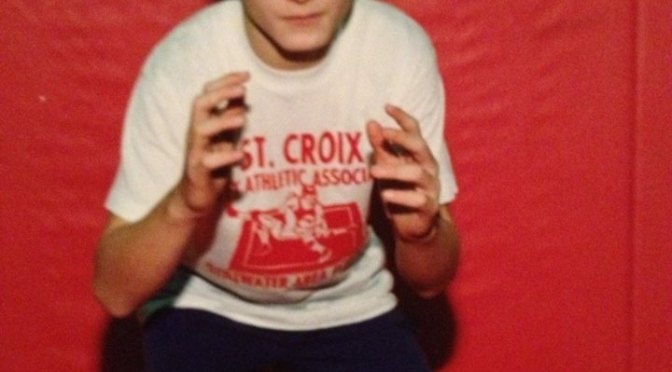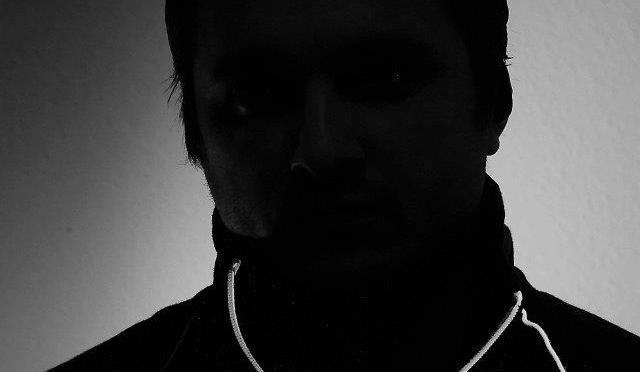Sometimes coming back to something is like coming out of a hibernation. Take anything, a sport you love, going back to school or even writing. If it’s been a long time, you’re probably feeling aches and pains. You might feel like you’re moving through molasses or honey. That’s no real surprise. You haven’t used those muscles or those neurons in a long time and it takes a while to get back into the swing of things.
After awhile however, things warm up and you’re going to start feeling good. Really good. This is something you love after all! It’s amazing to hit that ball, throw that opponent, or get those words on paper. You now want to do the thing! Great! Don’t go nuts.
“What? But I haven’t been doing anything! I haven’t gotten off my butt in so long! How am I supposed to catch up?”
Short answer: You’re not. Lost time is lost. Just accept it. You had other things that were more important to you at the time. Video Games, The Netflix Original Series Marco Polo, or some member of whatever sex/gender combination you are attracted to. Congratulations. You spent that time. You’re not getting it back.
The worst thing you can do when re-introducing stuff back into your life is to overdo it right away. Why? There are a few reasons:
- You could pull something. Yes, even metaphorically. You need to warm up before you can be at your old strength. Sorry, that’s just the penalty you pay.
- You might uncover old patterns that lead to your burnout (if that’s why you took a break).
- You’re likely to exhaust yourself without having built up a reserve.
Part of your goal now is to build up a habit and make it stick longer than it did before. Your goal is consistency, not marathon power sessions. So, here’s what you do:
- Limit your time. Leave yourself wanting more.
- Tell people how excited you are to be doing the thing. People knowing you’re doing something will make them ask you about it when they see you, so telling people you see often will not only make you more interesting than if you’re just gossiping about celebrity nonsense like the rest of the people at the watercooler, it will also make them have something to ask you specific to you.
- Set a goal. Goals come later, but right know just know it needs to have a specific “win” state. We’ll work more on setting goals in a future thing.
Okay, these are some basic guidelines I recommend as someone who has taken breaks from things I love and returned to them sometimes, years later. What things in your life do you wish you hadn’t given up? Which things would you rather do than watch movies? Maybe try one of them for a bit and see what happens.





